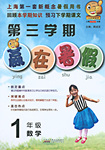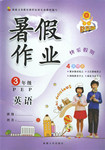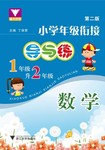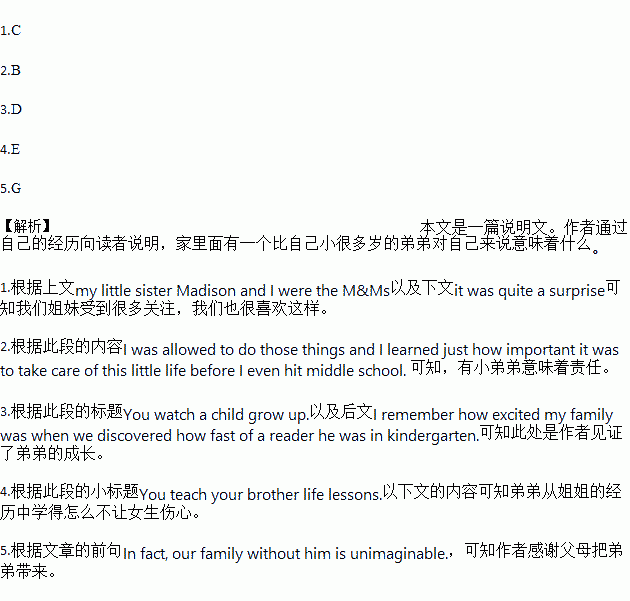题目内容
When we were kids, my little sister Madison and I were the M&Ms—my parents' two daughters. 1. So it was quite a surprise when my mom and dad sat us down to let us know that baby number three was on the way when I was 10 years old. However, as soon as my brother Mac was born, he completely stole my heart and I have learned many things from having a young brother.
● 2.
Having a baby in your life means watching your parents endlessly change diapers (尿布), make bottles, and wipe spit-ups every once in a while. I was allowed to do those things and I learned just how important it was to take care of this little life before I even hit middle school.
● You watch a child grow up.
3.I remember how excited my family was when we discovered how fast of a reader he was in kindergarten. I'll never forget telling him bedtime stories before he went to sleep at night. It's cool to think about the entirety of his life and how far he has come.
● You teach your brother life lessons.
From a young age, my brother watched my sister and me overcome personal challenges, go to high school, and, worst of all, get our hearts broken. 4. Watching his sisters go through life's difficulties has taught him how he should act when he gets older.
Now Mac is 11 years old. I have no shame in telling people that one of my best friends is an 11-year-old boy. In fact, our family without him is unimaginable. 5.
A.You stay in the know.
B.You learn about responsibility early on.
C.We received a lot of attention, and we liked it that way.
D.I remember the first time Mac crawled, walked, and said my name.
E.Nothing makes Mac more upset than a mean guy who hurts a girl's feelings.
F.All I can say is that my family wouldn't be happy without Mac.
G.Thanks , Mom and Dad, for turning the M&Ms into the Three Musketeers.
 第三学期赢在暑假系列答案
第三学期赢在暑假系列答案 学练快车道快乐假期暑假作业新疆人民出版社系列答案
学练快车道快乐假期暑假作业新疆人民出版社系列答案 浙大优学小学年级衔接导与练浙江大学出版社系列答案
浙大优学小学年级衔接导与练浙江大学出版社系列答案

 What would be the best title for the passage?
What would be the best title for the passage?